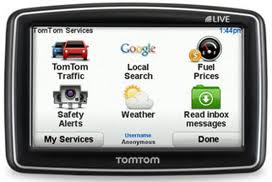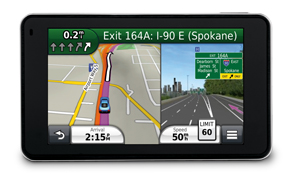Which Way Are US Gas Prices Headed?
Gas prices have been fluctuating up and down recently. Drivers were hoping gas prices would continue decreasing but yesterday prices reversed directions and actually increased slightly.
The average price for a gallon of regular unleaded gas on Thursday $3.58, up one cent from one day ago but down 11 cents from one month ago., according to the AAA Fuel Gauge Report. One week ago, gas prices were the exact same price.
Two weeks ago, the gas prices were averaging $3.63 per gallon, down from $3.70 the week before, and $3.95 in May. As anticipated, gas prices continued inching downward, hitting $3.56 on Monday, before creeping back up to $3.578 on Thursday.
Though the increase at the pump was less than a penny, it’s noteworthy because the experts predicted prices would steadily decline throughout late summer. No one knows if this will happen or not, but many experts are expecting gas prices will fluctuate over the next couple of weeks and then begin a continuous decline after the Labor Day holiday weekend. Several experts are predicting that the price of gas will likely fall to about $3.50 per gallon on average by the end of September.
According to Jessica Brady, a spokesperson for AAA Auto Club, “No matter how optimistic investors try to be at this time, they can’t ignore the sluggish economy seen both here in the U.S. and abroad. Retail gas prices have consistently decreased throughout the past few weeks and are expected to continue the decrease into the Labor Day holiday.”




